When I first sat down to begin creating this week’s The Power Up, I was feeling angry.
Not for any significant reason. It was just one of those mornings where everything that could go wrong, did go wrong, meaning that despite getting up especially early, the time I had planned to curate and write before work began was instead spent mopping up a flooded bathroom, unblocking drains and cleaning up spilled coffee grounds. My best laid plans for a creative morning had gone to pot, leaving me feeling frustrated and behind.
I tend to not feel intense anger very often. People know me as a relaxed person and I like to think I have a pretty quick and effective gauge for judging if something warrants a strong reaction. Of course, there are always exceptions! And on this morning I guess I was feeling overtired and then faced with the disappointment of missing out on something I enjoy.
Given that it isn’t a frequent occurrence, I find it interesting to observe when strong emotions do arise. How my patience shortens, how I become more reactive, how I start almost looking for other things to also be angry about in order to further validate my mental illusion that the world is against me.
And then how, when I find something different to focus on – like writing this intro – the emotion gradually subsides and I feel a little foolish for having taken the situation so seriously in retrospect.
I think back to earlier times in my life when I was more hot-headed and less reflective. I cringe about occasions when I followed that path of anger feeding more anger, letting it shape my emotional state for days, instead of minutes or hours. And I’m sure we all know people – maybe even ourselves – who allow that anger to develop into fully developed chips on shoulders – and almost can’t seem to focus on anything other than how they’ve been wronged, for months or longer.
When anger goes unchecked it can lead us to seriously dark places. It can prompt terrible decisions – for ourselves and for others. It can impact our health. It can lead to long, drawn out conflicts where neither party is interested in resolution, only one-upmanship. And this can happen at an individual, cultural and international level.
Yet anger can also be a force for positive change. It can signal to us when something isn’t right, fair or just, and motivate us to take action. From small things like fixing a dripping tap, to those that can have a bigger impact, like committing to activism.
So given how influential anger can be in our lives and how vulnerable our emotional states feel in these turbulent times, I thought it was worth dedicating this issue of The Power Up to giving anger a closer inspection.
In this week’s issue:
- Understand your anger to use it more productively
- Inside your brain’s complicated relationship with anger
- Manage your energy to manage your mood
- 5 spiritual tips to keep you calm right now
- The Atlas of Emotions
- Understanding anger and its impact on relationships
- Handling anger as a parent
Plus plenty of bonus content too…
I hope you find something in this edition that you can use positively next time you feel the red mist of anger engulfing you.

M I N D
Understand your anger to use it more productively
When we think of an ‘angry person’ we often picture an aggressive person. But aggression is just one way of expressing anger. There are many more.
Anger is a normal emotion that we all experience from time to time. When we can better understand our anger we can better manage it, and use it in more productive ways.
M I N D
Inside your brain’s complicated relationship with anger
For as long as humans have been writing about it, anger has received a bad rap. But have we been selling it short?
For anger can also pump up positive feelings like confidence, pride, and determination, motivating us to focus intently on addressing a problem.
So what exactly is going on in our brains when we experience anger, and how can we use that knowledge to our benefit?
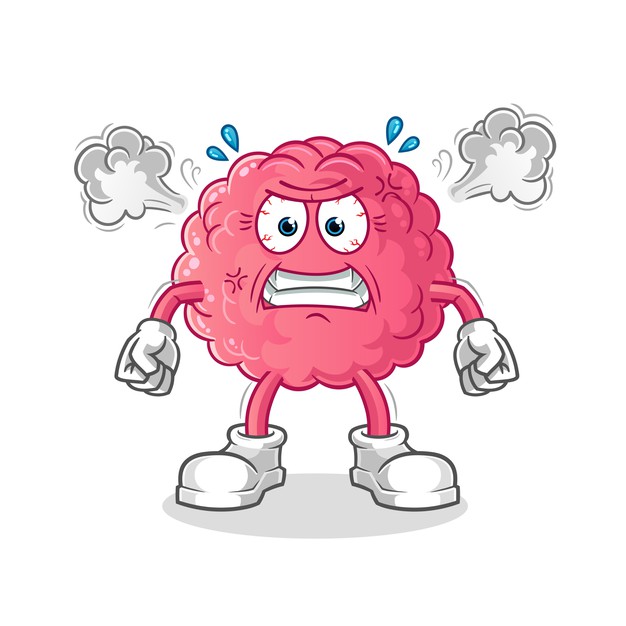
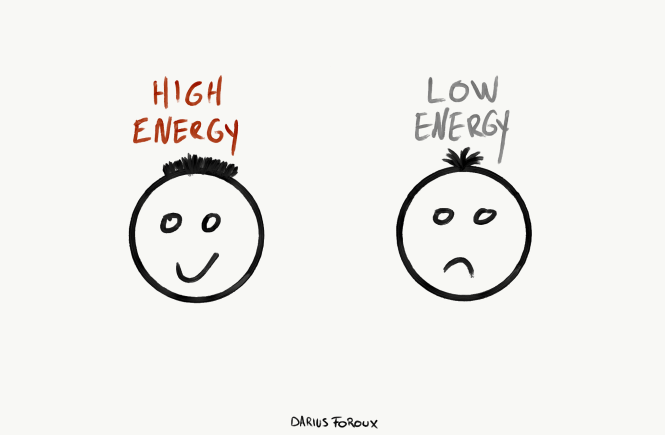
S E L F L E A D E R S H I P
Manage your energy to manage your mood
Very few of us are taught to manage our energy – not in school, not at work, not at home – yet managing it can have such a huge impact on the quality of our lives – including our emotional state.
Darius Foroux explains the importance of identifying the activities in our lives that give us energy and those that drain it – and then adjusting how we spend our time accordingly.
S P I R I T
5 spiritual tips to keep you calm right now
Whether it’s the pandemic, the climate crisis, civil rights, job security or any number of other concerns – be they global, or local to you – it can sometimes feel like there’s a permanent assault on our emotional state these days.
Mr. Porter spoke to 5 thought leaders spanning the worlds of spirituality, wellness and science to gather these top tips and coping strategies.

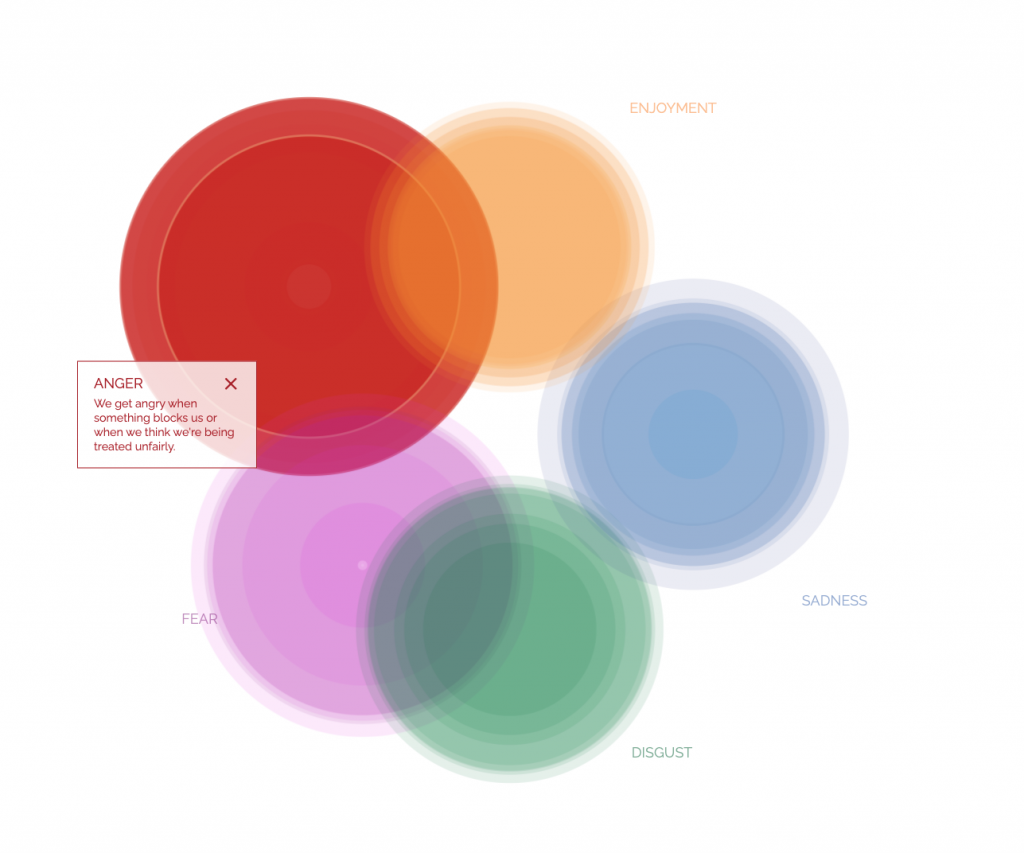
F U T U R E
The Atlas of Emotions
The Atlas of Emotions is an insightful interactive tool – supported by the Dalai Lama no less – that can build our vocabulary around emotions and illuminate our emotional worlds.
Its goal is to give us greater control over what triggers our emotions and how we respond. Because the first step towards emotional awareness is learning to identify and describe how we are feeling and why.
R E C O M M E N D E D
MindPanda Mindfulness Cards
Releasing stress and processing anger becomes easier with these MindPanda Mindfulness Cards.
Each of the 35 cards carries an exercise designed to relieve anxiety, dissolve stress and leave you feeling in a calmer mental state.

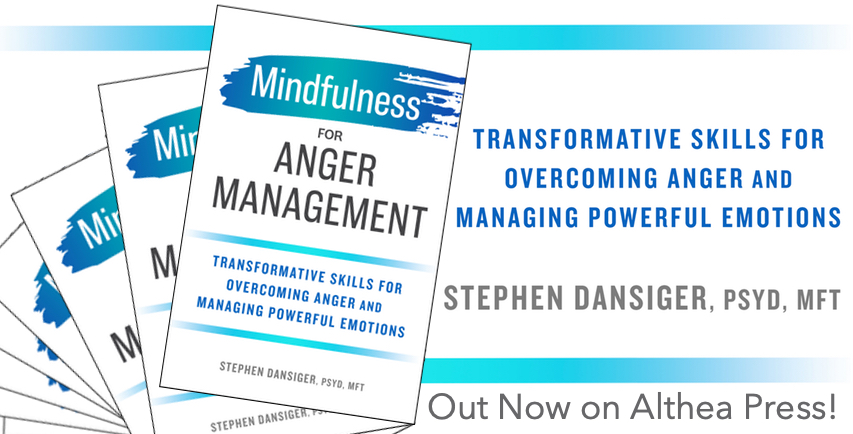
R E C O M M E N D E D
Mindfulness for anger management
If anger is playing a prominent role in your life, perhaps damaging relationships or creating situations that aren’t doing you any good, then this book will help you contain that anger and channel it in more productive ways using mindfulness-based techniques.
B O N U S
C O N T E N T
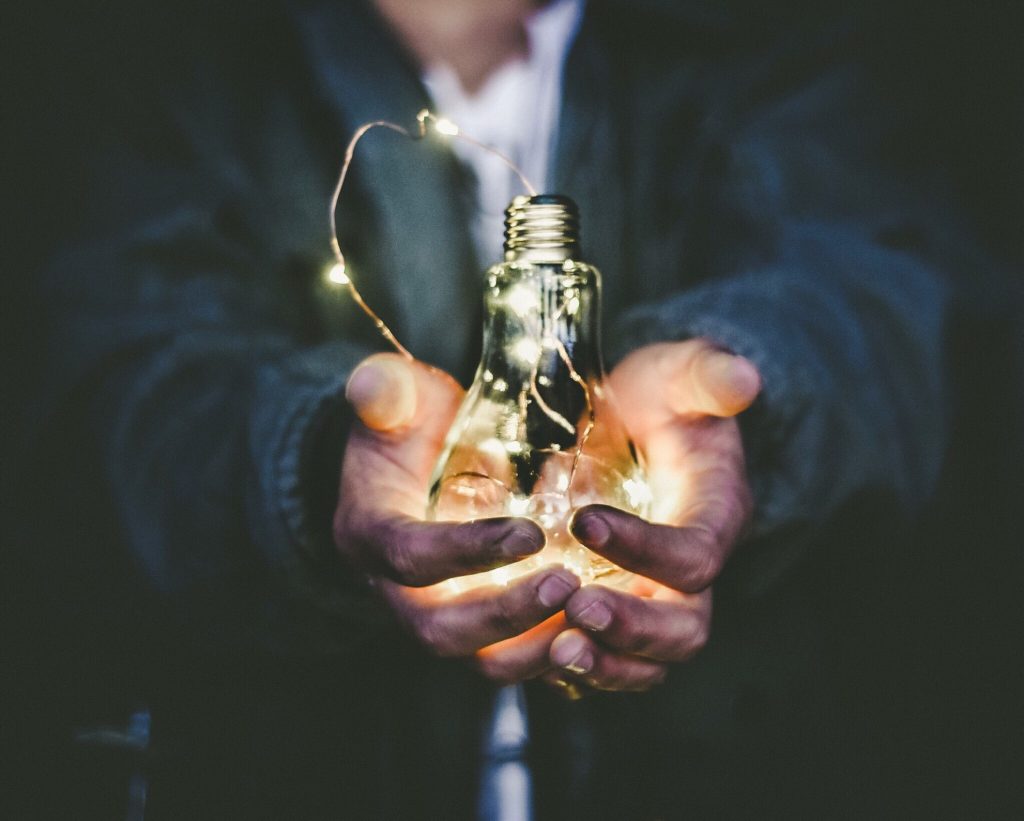
Increase your energy: 8 ways to keep yourself energised
Understanding anger and its impact on relationships

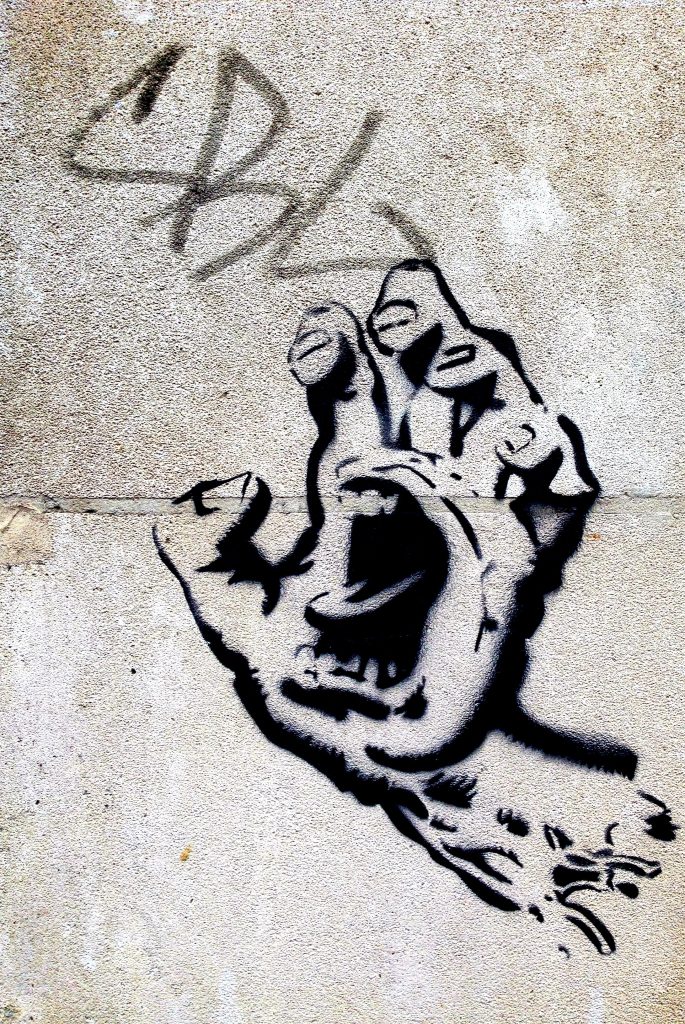
5 psychological signs you’re angrier than you think
Handling anger as a parent

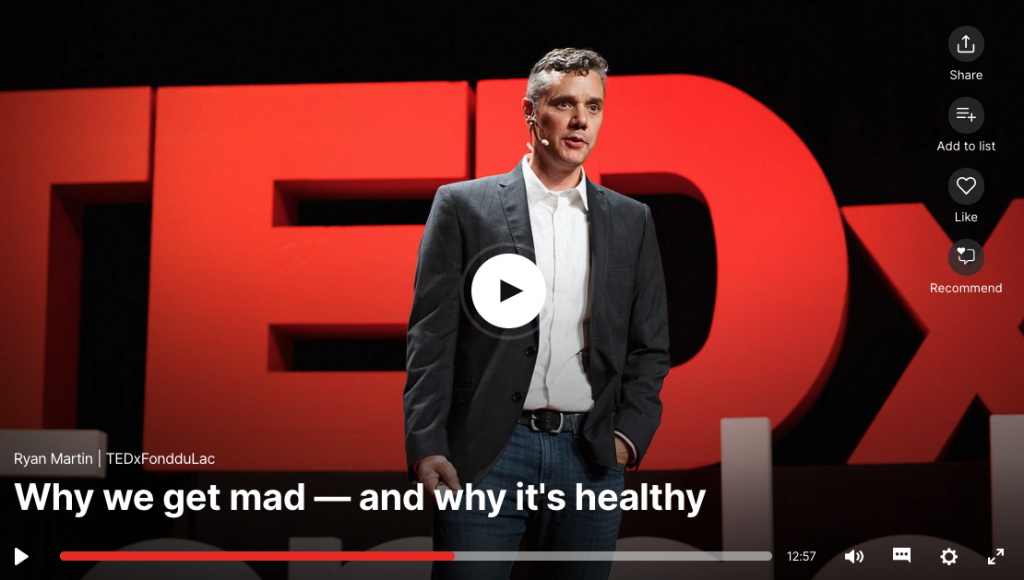
TED Talk: Why we get mad – and why it’s healthy
How one man stopped feeling angry with everything and everyone (including himself)


How houseplants can teach you to be less angry, more relaxed, and avoid disappointment
How anger can help you produce your best work

“Holding on to anger is like grasping a hot coal with the intent of throwing it at someone else;
BUDDHA
“You are the one who gets burned.”




